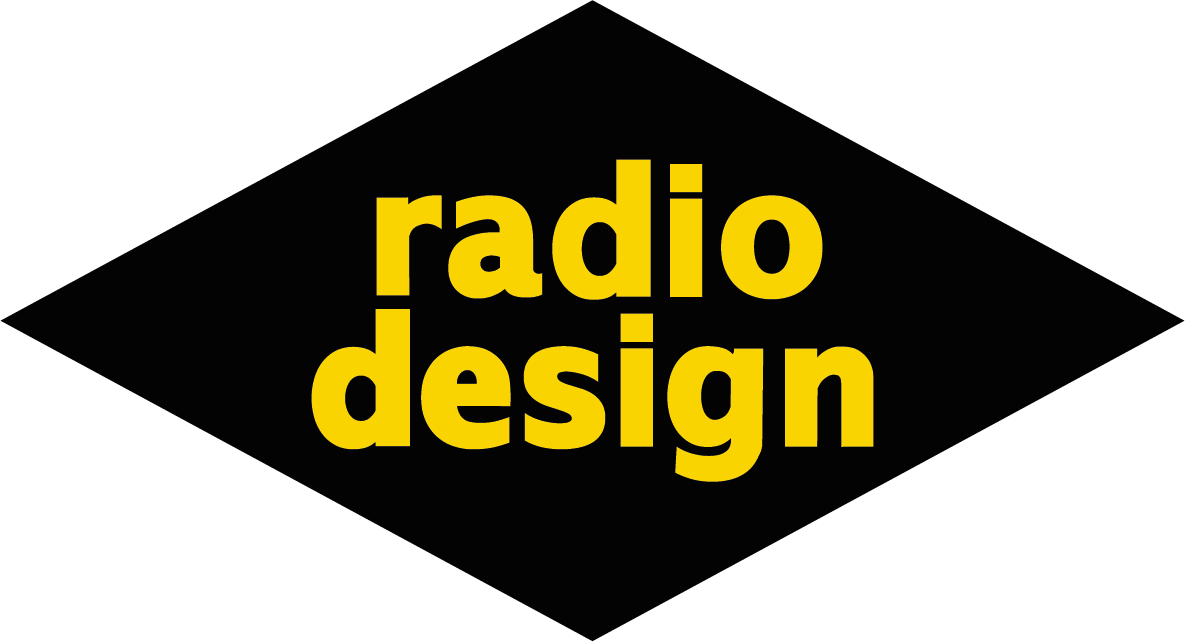Internet of Things Connectivity
As the Internet of Things (IoT) grows, the challenge and opportunity for telecoms operators is to manage millions of interactions between sensors and devices, whilst securing the sensitive information that is being transmitted and captured. When considering the number of smart home devices which now appear in our households as an example, the high level of personal data which could be exposed through a failure in an IoT system can be understood.
Data and network security is a costly and essential part of IoT connectivity. The failures in IoT security currently involve devices that verify, connect or spend improperly with other devices. For years, researchers have demonstrated the ability for hackers to compromise such devices in order to control implanted cardiac devices, disable cars remotely and bring websites to a grinding halt by launching huge Distributed Denial of Service (DDoS) attacks.
By placing barriers in front of attacks from hackers, blockchain offers an additional layer of security that is underpinned by some of the most robust encryption standards available. This enables secure and error free peer-to-peer connectivity for thousands of IoT devices with cost-efficient and self-managed networks.
Blockchain can serve as a tool to both log data in a form highly resistant to tampering, and to fight the introduction of malicious IoT devices (via inexpensive networked devices with little or no native security features) into our networks. By registering an IoT device on blockchain, other devices on the network will know with a high degree of confidence that a device is what it says it is.
Drawbacks of Blockchain Implementation
Untried Technology
Blockchain is new, and as with all new technology, it will only be the early adopters who make use of it at first. Whilst these companies and individuals will pick up the technology and run with it, they’ll also be the ones stumbling on the inevitable obstacles which will occur. This is important because they’ll be paving the way for the more conservative companies who are naturally wary in adopting new and innovative solutions. There’s a case to be made for hanging back and letting the mistakes be made by others, whilst analysing the space and waiting for the best blockchain solutions to be tried and tested before embarking on a potentially costly investment in the area.
Privacy
There are also potential privacy issues to be overcome. Blockchain is built with total transparency in mind, but this doesn’t automatically lend itself to individual privacy. With customer data security at the forefront of any large businesses thinking, telecoms companies must put huge amounts of thought into how their customer data will be secured within blockchain.
At the moment, the biggest users of blockchain are cryptocurrencies, and steps are firmly underway in cryptocurrency world to implement various approaches to privacy. Research is ongoing, but the theory needs to be optimised to be practical to use in the real world. Time will tell which of these approaches are successful and become practical to use.
Regulatory
Whilst the EU and USA have so far had a hands-off approach to regulating blockchain, other countries will come up with their own regulatory obstacles which may take some time to overcome. And even when governments try to take a slow reasonable approach to regulation, what would happen where a blockchain which is meeting today’s regulations falls foul in the future of newly introduced regulations? The whole idea of blockchains is that they’re immutable, so no one will be able to change or update the existing data to meet the new directives.
Looking to the future
We’ve seen that a broad variety of applications may be able to be delivered across the telecoms industry by blockchains, and that there is potential to invest in, develop and benefit from the implementation of blockchain based products. Whether or not there truly is an impact in the industry from blockchain will depend on how the use cases are adopted by telecoms operators.
The benefits appear plentiful: cost savings from a shared view of transactions which eliminates third parties; hugely increased security across the board; and smart contracts which can allow for near-instantaneous charging and rules application, which can facilitate wider adoption of 5G.
The challenges may come in the detail of how the blockchain will be implemented. Blockchain is being developed and implemented faster than the legal framework can be adapted, and any use of this new technology must ensure compliance with existing data protection and compliance laws from the outset.
Some telecoms operators are already investing in the development and implementation of blockchain-based products. Others are hanging back and seeing what hurdles the early adopters are able to leap before investing in the area. The next few years may well see more widespread use of blockchain by the telecommunications industry, with the possibility that blockchain use will become the norm.

